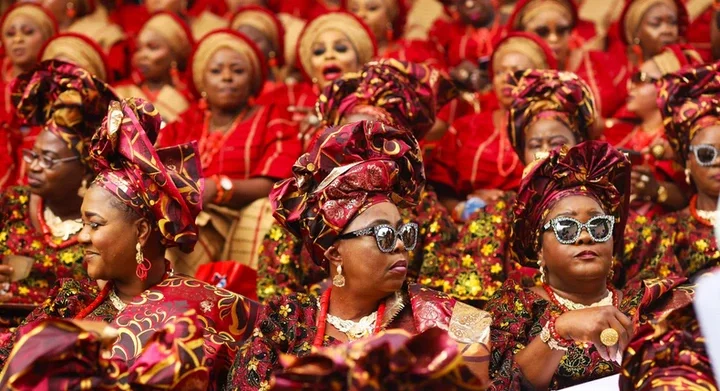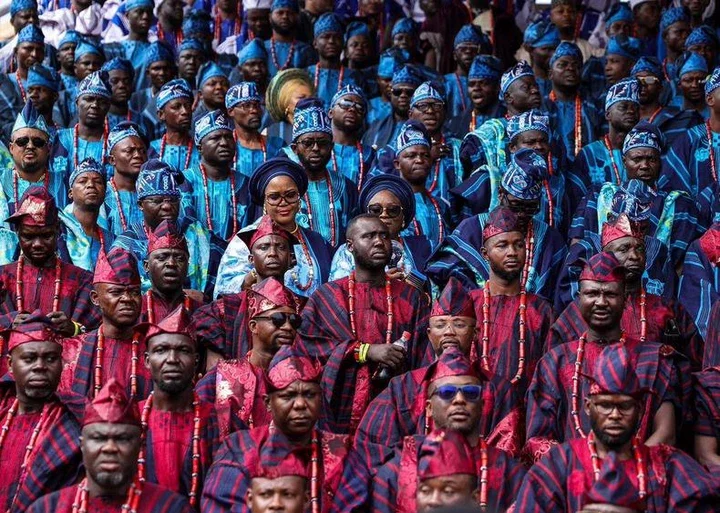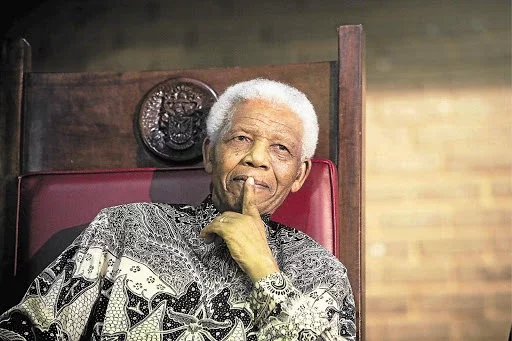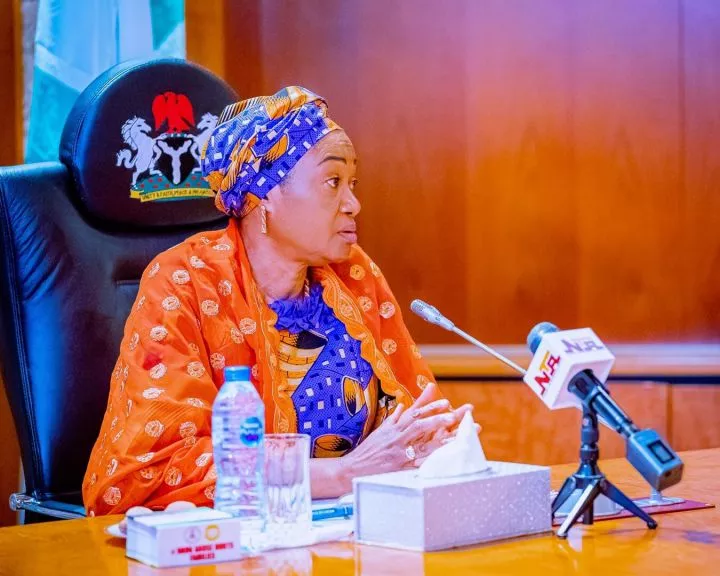This is how the name 'Yoruba', for the Yoruba people who spoke a similar language, originated.

At first, there was no general name for the Yorubas as a whole. Even though they spoke similar languages, each community has its own dialect.
They called themselves based on a particular settlement or geographic area; for instance, the Yoruba-speaking groups in the Republic of Benin and Togo still address themselves as "Ife" rather than "Yoruba.

Yorubas are one of the most popular ethnic groups in the world, they are found in Africa and other Caribbean countries.
Before the term "Yoruba," they were known as "Nago" in Brazil, "Lucumi" in Cuba, and other Spanish and French territories. In Sierra Leone, they were known as "Aku." "Terranova" was a Portuguese phrase for Yoruba slaves brought from the west of Benin's area.
The term "Yoruba" was originally bestowed upon the Oyo people by the Fulani or Hausa ethnic groups. It meant "cunning."
Yarabawa is the plural form of Yoruba, and the singular is Bayarabe. Some scholars used "Yoruba" for only the Oyo people, but "Yarabawa" or "Yariba" was found among Muslims and Arabic early before the rise of Oyo. They used it to refer to a whole group rather than a specific polity. Different literature and texts show that the Yorubas were already known by that name in the 16th century.
Finally, the concept of a unified "Yoruba" identity emerged in the 19th century through interactions with Christian missionaries and the early Yoruba elite.















Comments